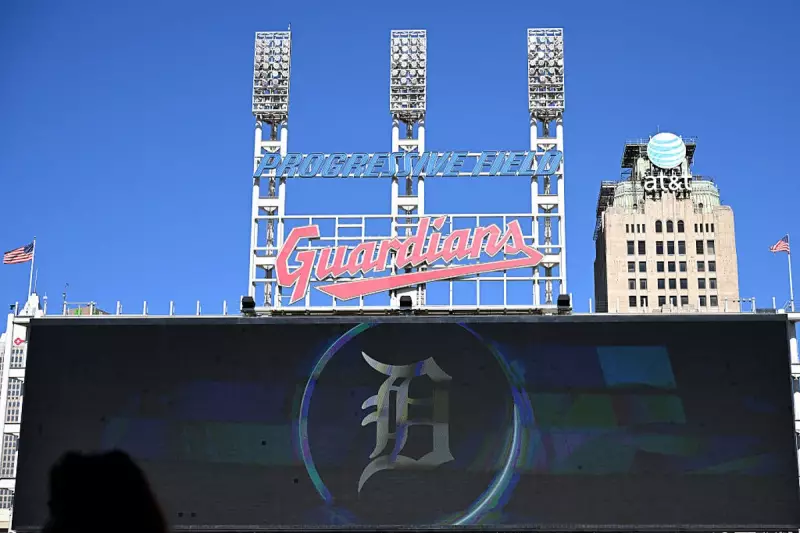
In a significant move for sports integrity, Ohio's government has decided against imposing its own new sports betting regulations, instead throwing its support behind Major League Baseball's newly announced restrictions on prop bets.
MLB Takes a Stand on Micro-Betting
Major League Baseball announced on Monday 17 November 2025 that its authorised partners, including major operators like FanDuel, DraftKings, and BetMGM, will no longer accept wagers exceeding $200 on specific prop bets. These micro-bets, which can involve the speed of a single pitch or whether it is called a ball or a strike, have also been banned from being included in parlay bets across all US states.
The league stated that these pitch-level markets present "heightened integrity risks" because they focus on isolated events that can be manipulated by a single player without affecting the game's final outcome.
The Cleveland Guardians Scandal That Prompted Action
This decisive action from MLB comes in the wake of a serious gambling scandal involving two Cleveland Guardians players. Luis Ortiz and Emmanuel Clase were indicted and face charges including wire fraud conspiracy and conspiracy to influence sporting contests by bribery.
Prosecutors allege the duo participated in a scheme to rig individual pitches, enabling bettors to win substantial sums of money. Both players were placed on leave earlier in the summer, bringing the issue of micro-betting into sharp focus.
Ohio's Regulatory Response
Governor Mike DeWine, who had previously called the prop betting experiment a failure, has now softened his stance following MLB's intervention. He commended MLB Commissioner Rob Manfred in an official statement, saying the league's approach is "sensible and well worth pursuing."
He added that by limiting large wagers on micro-prop bets, MLB is taking affirmative steps to protect the game's integrity and reduce incentives for improper betting schemes.
The Ohio Casino Control Commission echoed this sentiment, confirming it will not pursue its own regulatory rule for Ohio sportsbooks at this time. The Commission stated that imposing its own rules now could "jeopardise the progress being made," though it reserved the right to enforce new regulations in the future if necessary.
The collaboration between a major sports league and state regulators marks a pivotal moment in the ongoing effort to balance the booming sports betting industry with the fundamental need to preserve fair competition.





